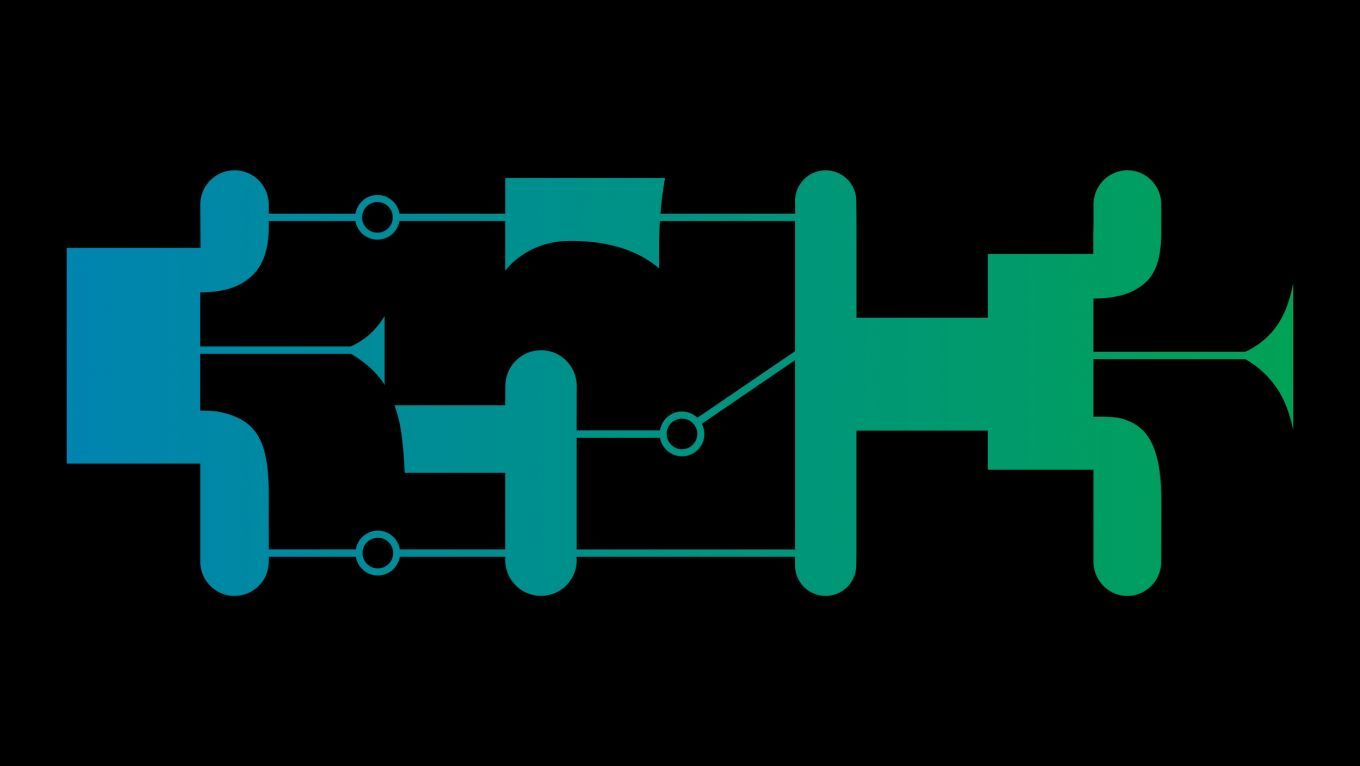Security
Attacking end-to-end email encryption
Efail, other attacks and lessons learned.
In this talk, I’ll present several attacks that leak the plaintext of OpenPGP or S/MIME encrypted emails to an attacker. Some of the attacks are technically interesting, i.e. the two different efail attacks, some are somewhat silly, yet effective. Some abuse HTML emails, some also work with plain ASCII emails. Furthermore, I’ll discuss our lessons learned and describe the efail-related changes to mail clients and the OpenPGP and S/MIME standards.
Email remains the least common denominator when two or more people communicate over the Internet. While many modern messengers use end-to-end (e2e) encryption by default, email relies on transport encryption among email servers, which offers a much weaker protection.
OpenPGP and S/MIME are two competing standards that bring e2e encrypted communication to email. While S/MIME is mostly used in corporate environments and built into many of the widely used email clients, OpenPGP often requires that users install additional software and plugins. Both technologies never reached large deployment, mostly because both suffer from a range of usability issues. However, it is commonly assumed that if one manages to use OpenPGP or S/MIME to encrypt emails, it is very secure.
In this talk, I’ll discuss several attacks that leak the plaintext of OpenPGP or S/MIME encrypted emails to an attacker. Some of the attacks are technically interesting, i.e. the two different efail attacks, some are somewhat silly, yet effective. Some abuse HTML emails, some also work with plain ASCII emails.
The disclosure of the efail vulnerabilities caused a lot of stir in the press and the community, which also led to confusion about how the vulnerabilities work, about the mitigations and about the consequences for the OpenPGP and S/MIME standards. I’ll discuss our lessons learned and describe the efail-related changes to mail clients and the OpenPGP and S/MIME standards.
Additional information
| Type | lecture |
|---|---|
| Language | English |
More sessions
| 12/27/18 |
Since a few months we have a new version of TLS, the most important encryption protocol on the Internet. From the vulnerabilities that created the need of a new TLS version to the challenges of deploying it due to broken devices this talk will give an overview of the new TLS 1.3.
|
| 12/27/18 |
UEFI rootkits have been researched and discussed heavily in the past few years, but sparse evidence has been presented of real campaigns actively trying to compromise systems at this level. Our talk will reveal such a campaign successfully executed by the Sednit group. We will detail the full infection chain showing how Sednit was able to install their custom UEFI module on key targets' computers. Additionally, we will provide an in-depth analysis of their UEFI module and the associated ...
|
| 12/27/18 |
Meet SiliVaccine – North Korea's national Anti-Virus solution. SiliVaccine is deployed widely and exclusively in the DPRK, and has been continuously in development by dedicated government teams for over fifteen years. When we heard of this strange software, we were immediately driven to investigate it: it's not every day that you can catch a glimpse of the malware landscape inside the closed garden of the DPRK's intranet. In this talk, we will describe how we were able to obtain a rare copy of ...
|
| 12/27/18 |
In this presentation we will take a look at how to break the most popular cryptocurrency hardware wallets. We will uncover architectural, physical, hardware, software and firmware vulnerabilities we found including issues that could allow a malicious attacker to gain access to the funds of the wallet. The attacks that we perform against the hardware wallets range from breaking the proprietary bootloader protection, to breaking the web interfaces used to interact with wallets, up to physical ...
|
| 12/27/18 |
Voicemail systems can be compromised by leveraging old weaknesses and top of current technology. The impact goes way beyond having your messages exposed.
|
| 12/27/18 |
Die Venenerkennung ist eine der letzten Bastionen biometrischer Systeme, die sich bisher der Eroberung durch Hacker widersetzt hat. Dabei ist sie ein lohnendes Ziel, schützt sie doch Bankautomaten und Hochsicherheitsbereiche. In diesem Talk machen wir die Verteidigungsanlagen dem Erdboden gleich.
|
| 12/27/18 |
We all know what FAX is, and for some strange reason most of us need to use it from time to time. Hard to believe its 2018, right? But can FAX be something more than a bureaucratic burden? Can it actually be a catastrophic security hole that may be used to compromise your entire network? Come watch our talk and find out …
|

